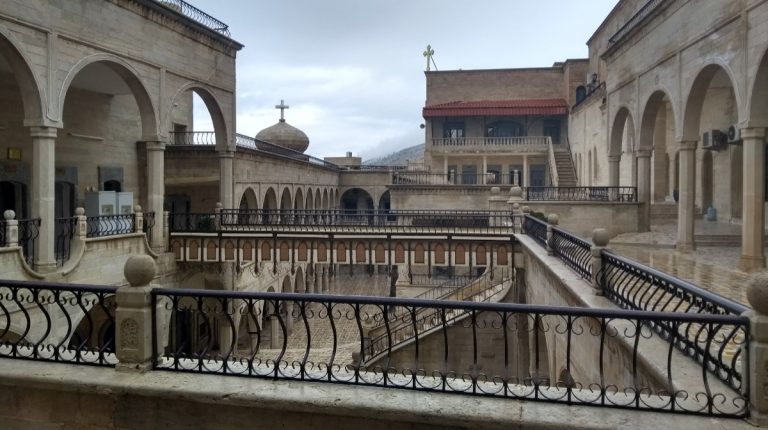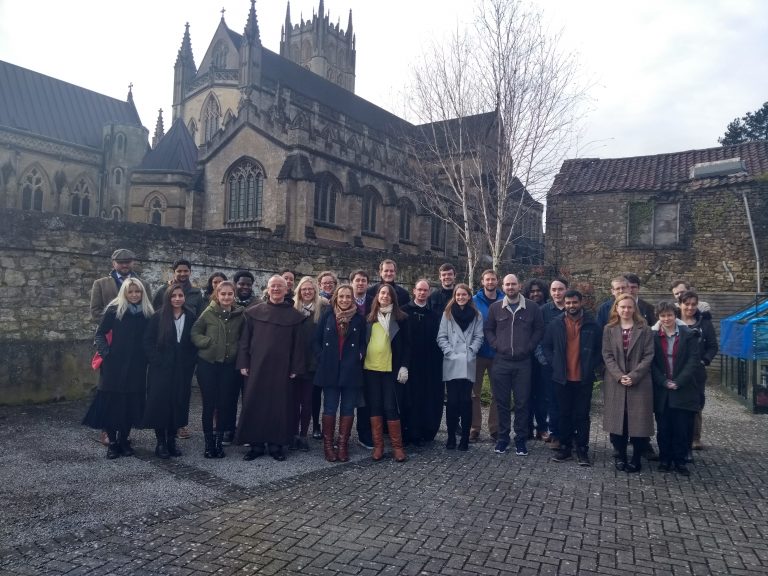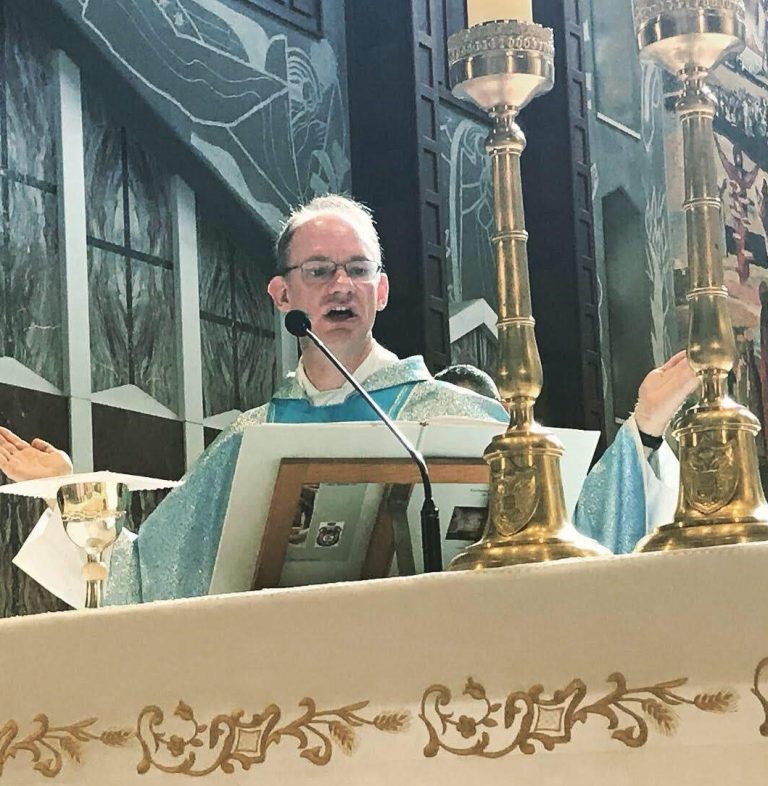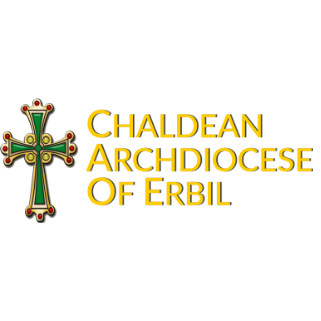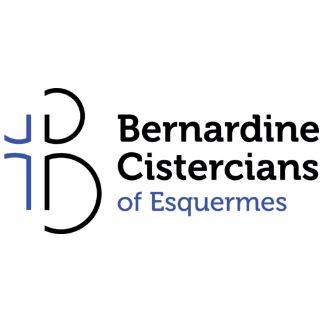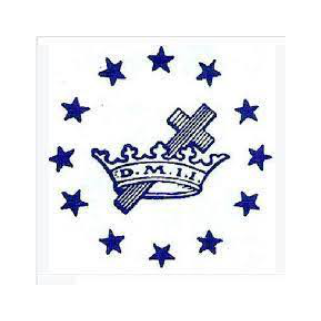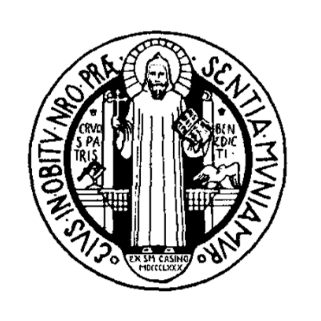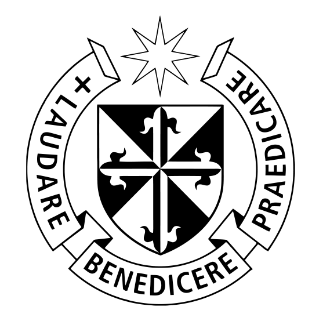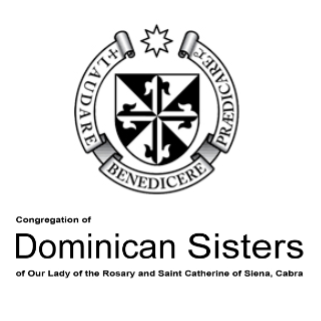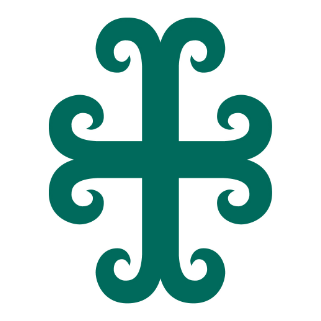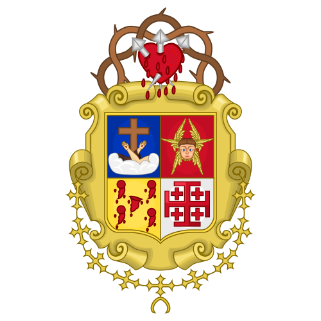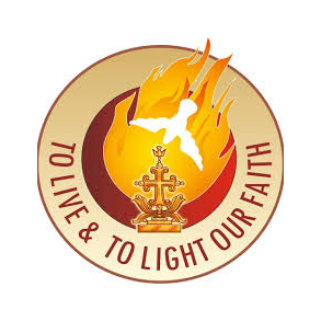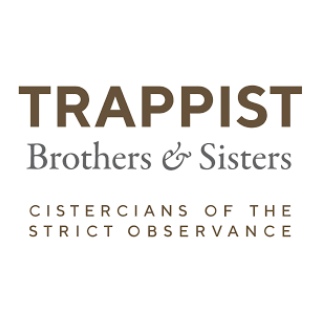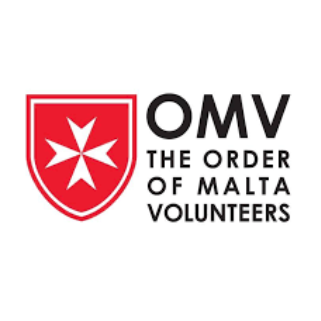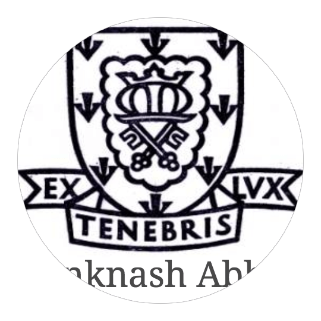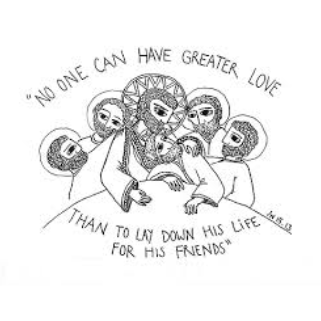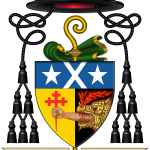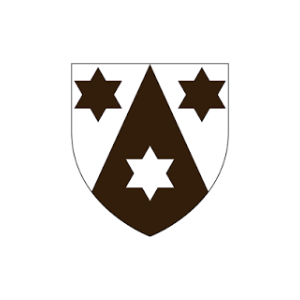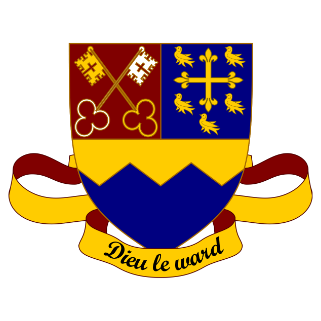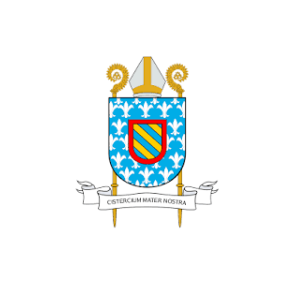Dom Leo Maidlow Davis OSB, Downside Abbey
The YouCAN prayer has been composed to help ensure that this network for young Catholics is inspired by Jesus Christ and remains always centred on him. Prayer is the Holy Spirit’s expression of the love that God reveals to us in Christ, his beloved Son, to whom we listen in obedience (Matthew 17, 5). You will discover many initiatives and possibilities on this site that will attract you precisely because they are centred on Christ. It is Christ who unites us and whose Spirit empowers us to proclaim his Good News in our lives and missionary activities. We never forget Jesus’ words: ‘For where two or three are gathered in my name, there am I in the midst of them’ (Matthew 18, 20). Your faithful perseverance in prayer will mean that you don’t get side tracked or drawn into projects that have become limited to the concerns of this world alone and that have lost sight of the Kingdom of Heaven and of the eternal life that Christ brings to us (John 17, 3).
Pray each time you enter this site. The YouCAN prayer will keep us mindful of how Christ unites us and leads us all together towards eternal life. Our praying together will help us realise that we ‘can do all things through Christ who strengthens’ us (Philippians 4, 13). In united prayer we will open the door to Christ, who stands at the door and knocks, waiting to share his life with us (Revelation 3, 20).
The YouCAN prayer is based on two scriptural texts: Psalm 43 (42), 4 and I Thessalonians 5, 9-11. The Greek text of Psalm 42, 4 underlies the Vulgate version known to Catholics, where God is described as giving joy to our youth. In an age that can seem overwhelmed by problems and anxiety, which may afflict young people, it is important to recall the joy that Christ brings to us and which our lives should express. I Thessalonians is considered by many biblical scholars to be the first New Testament document, written by St Paul in Corinth in AD 51. His letter to the Church in cosmopolitan Thessalonica, which he had so recently founded and to which he was sending his young companion Timothy so that he could bring back news of its life and struggles, has many resonances for our times. But young as this letter is, written no more than 20 years after Jesus’ Ascension, we discover in it a community that believes in the Trinity, God as Father, the mission of Jesus Christ, with faith in his death, resurrection and future return, and the three theological virtues of faith, hope and love. To be young does not necessarily entail spiritual or theological poverty. May the Spirit of those earliest Christians enrich and inspire us today.
